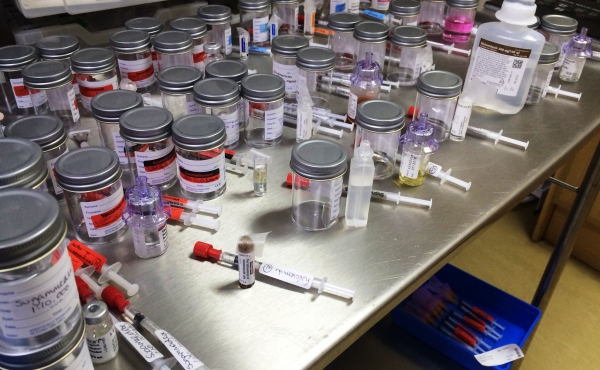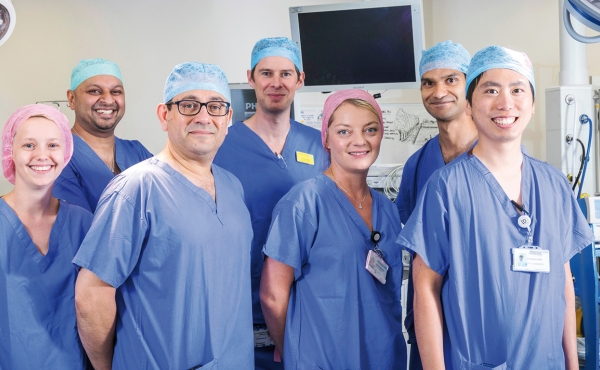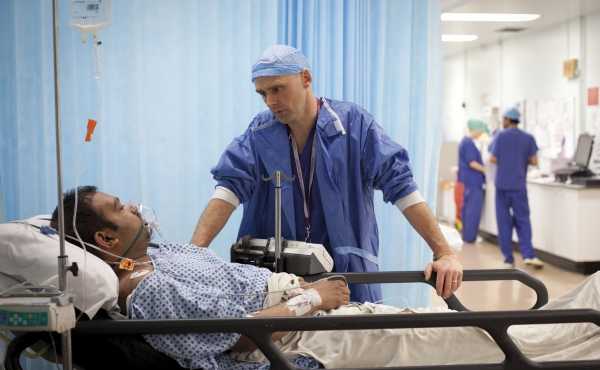Sprint National Anaesthesia Projects (SNAPs)
SNAPs are observational clinical research studies which aim to recruit a large number of patients in a short time period
The Sprint National Anaesthesia Projects (SNAPs) examine commonly occurring events related to anaesthesia and surgery which affect a large number of patients. Each SNAP is conducted within a short data collection window of a few days at most, though their planning and analysis takes much longer. Three SNAPs have run to date, with SNAP3 data currently being analysed and written up.

The Sprint National Anaesthesia Projects (SNAPs) are delivered by the RCoA led Centre for Research and Improvement (CR&I) They provide important data on common elements of anaesthetic practice and have international reach, with SNAP2 and SNAP3 taking place not only in the UK but in Australia and New Zealand.
The SNAPs are only possible due to the fantastic enthusiasm and engagement of collaborators across the UK, including anaesthetic trainees and their Trainee Research Networks. Since SNAP2, individuals who contributed data to the project are listed as collaborators in PubMed.
Unlike other research projects, the SNAPs do not release their findings in a single or annual report. They are released as separate, peer-reviewed papers in clinical journals.
SNAP1: Patient-reported outcomes after anaesthesia
SNAP1 was a research project which involved a two-day evaluation of patient-reported outcomes after anaesthesia: specifically, patient satisfaction after anaesthesia and patient-reported awareness. Data collection took place on Tuesday 13 May and Wednesday 14 May 2014.
The SNAP1 results were published in the British Journal of Anaesthesia in December 2016.
SNAP2: Epidemiology of Critical Care Services
The 2nd Sprint National Anaesthesia Project: Epidemiology of Critical Care provision after Surgery (SNAP2: EpiCCS) examined the epidemiology of perioperative risk and outcome, and critical care referral and admission after inpatient surgery in the UK, and whether planned postoperative critical care admission is effective as an intervention to reduce postoperative morbidity.
SNAP2 was managed in conjunction with the UCL/UCLH Surgical Outcomes Research Centre (SOuRCe) and was generously supported by the RCoA and the Association of Anaesthetists.
SNAP3: Frailty and Delirium
The 3rd Sprint National Anaesthesia Project (SNAP3) is an observational cohort study that aims to describe the impact of frailty and delirium, and their management, on outcomes following surgery in older people.
In common with SNAP1 and SNAP2 it consisted of a short period of data collection from potentially every eligible patient having surgery in a defined period of time. We estimated that approximately 12,000 individuals would take part, making it one of the largest studies of its kind in the world.
We hope the results of the study will help improve decision making by patients and clinicians, as well as providing evidence for optimal design of perioperative services.



